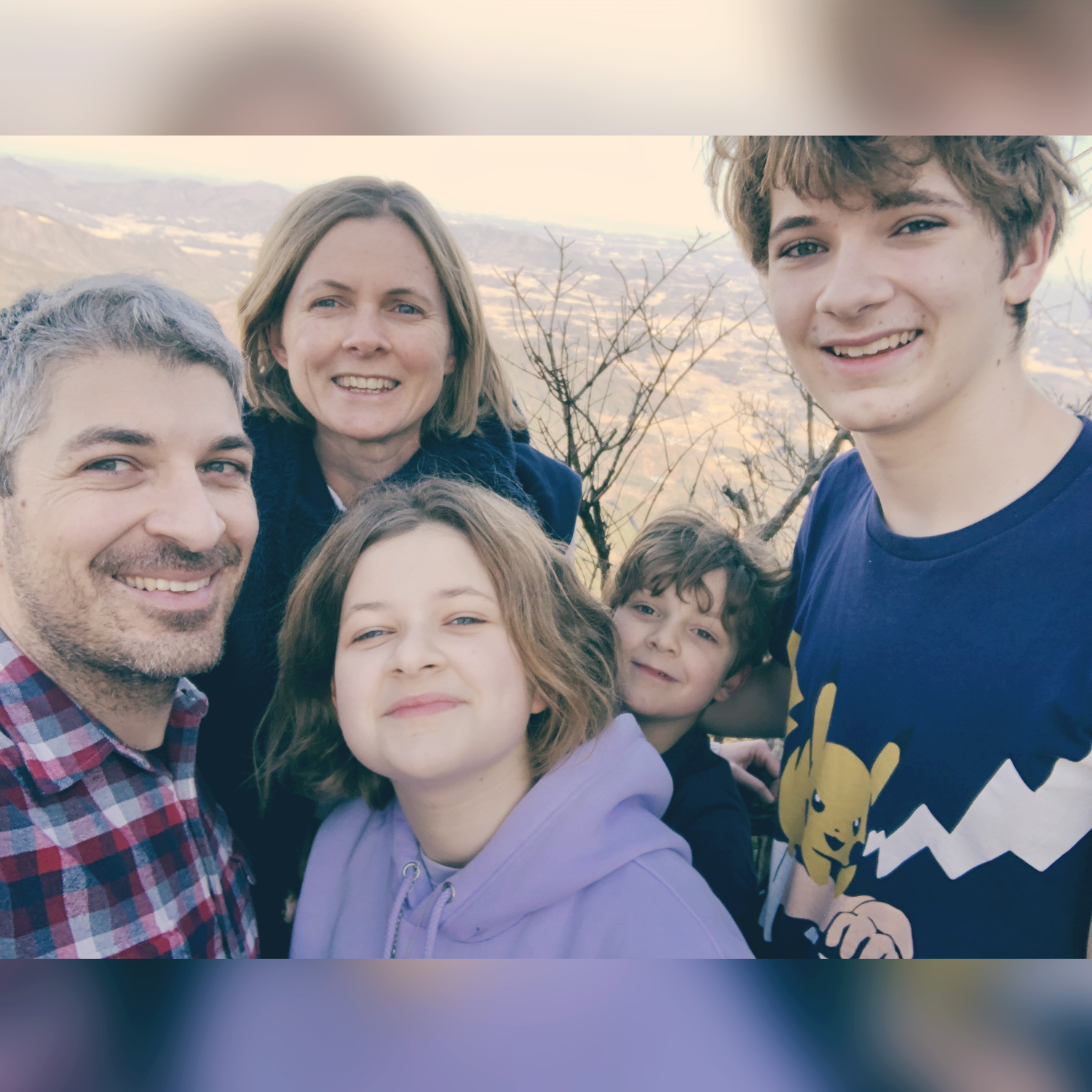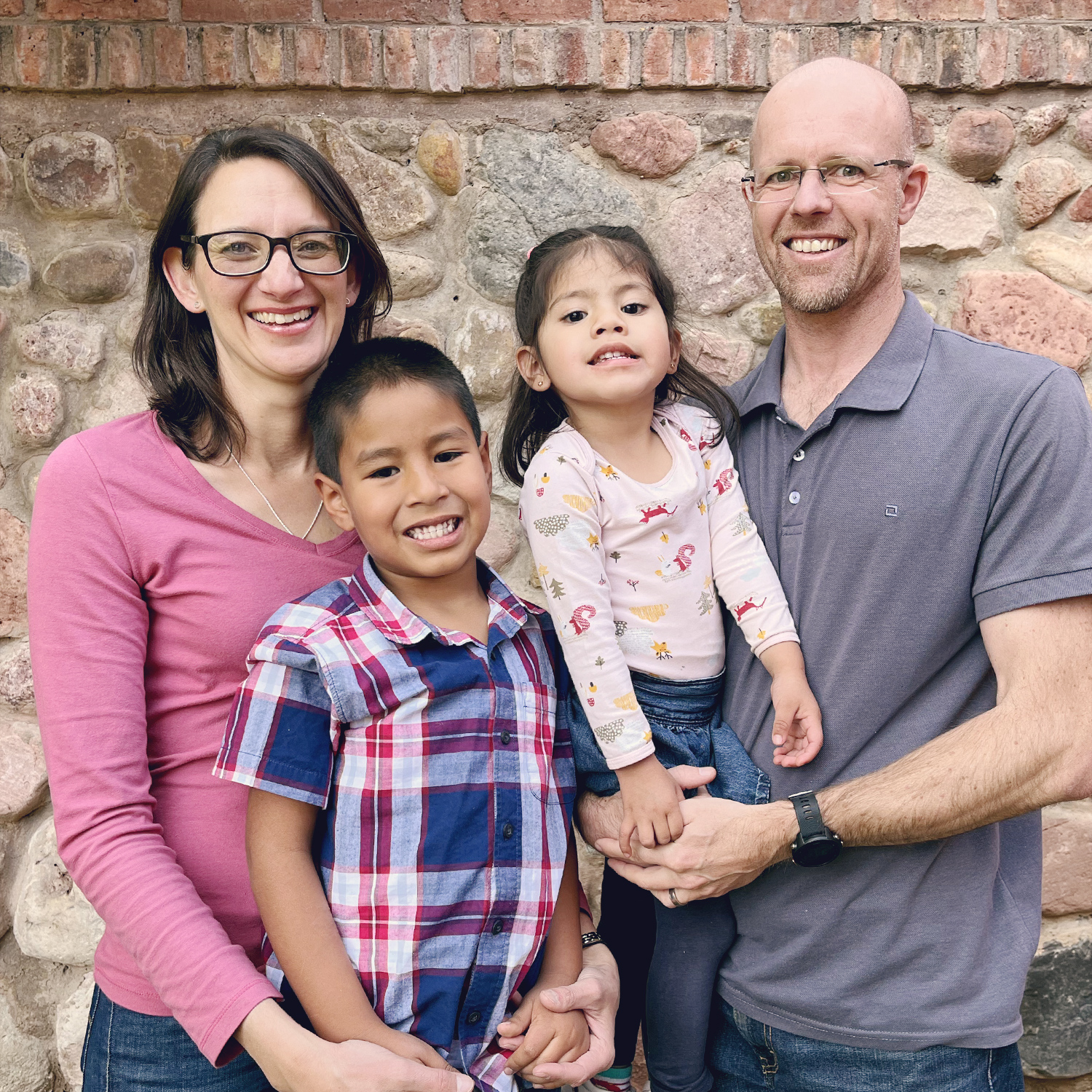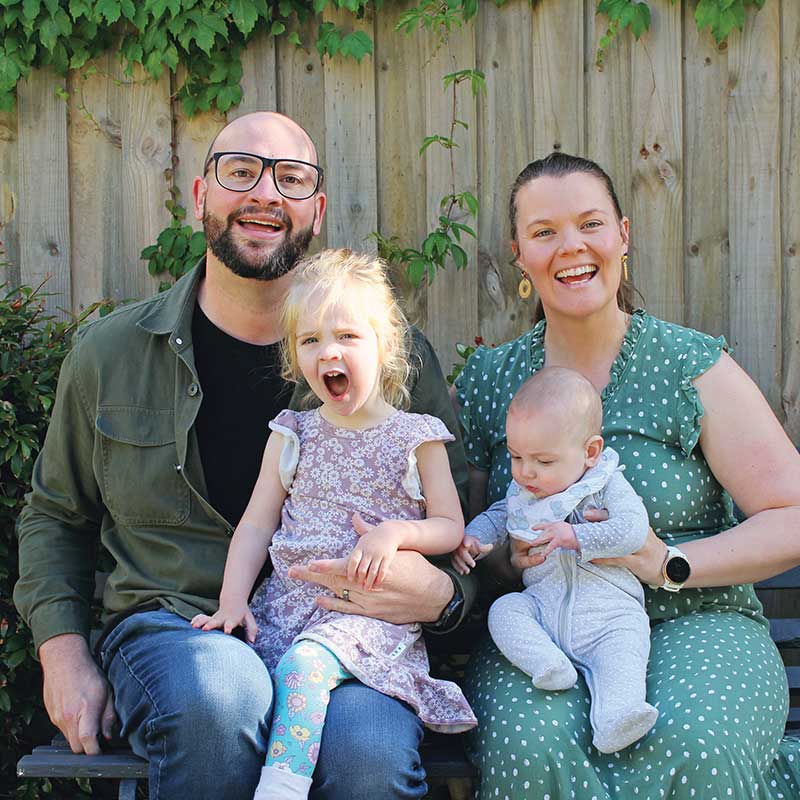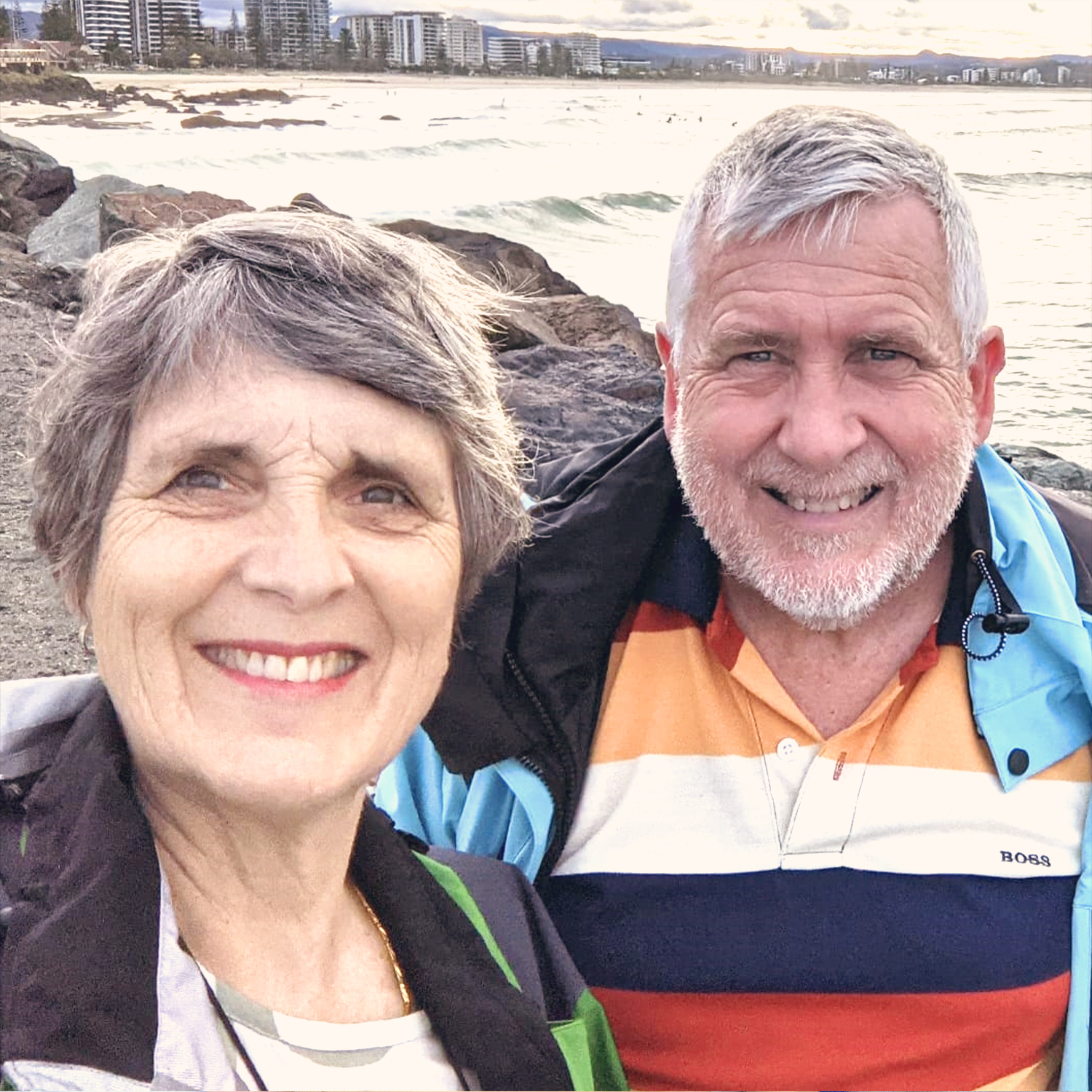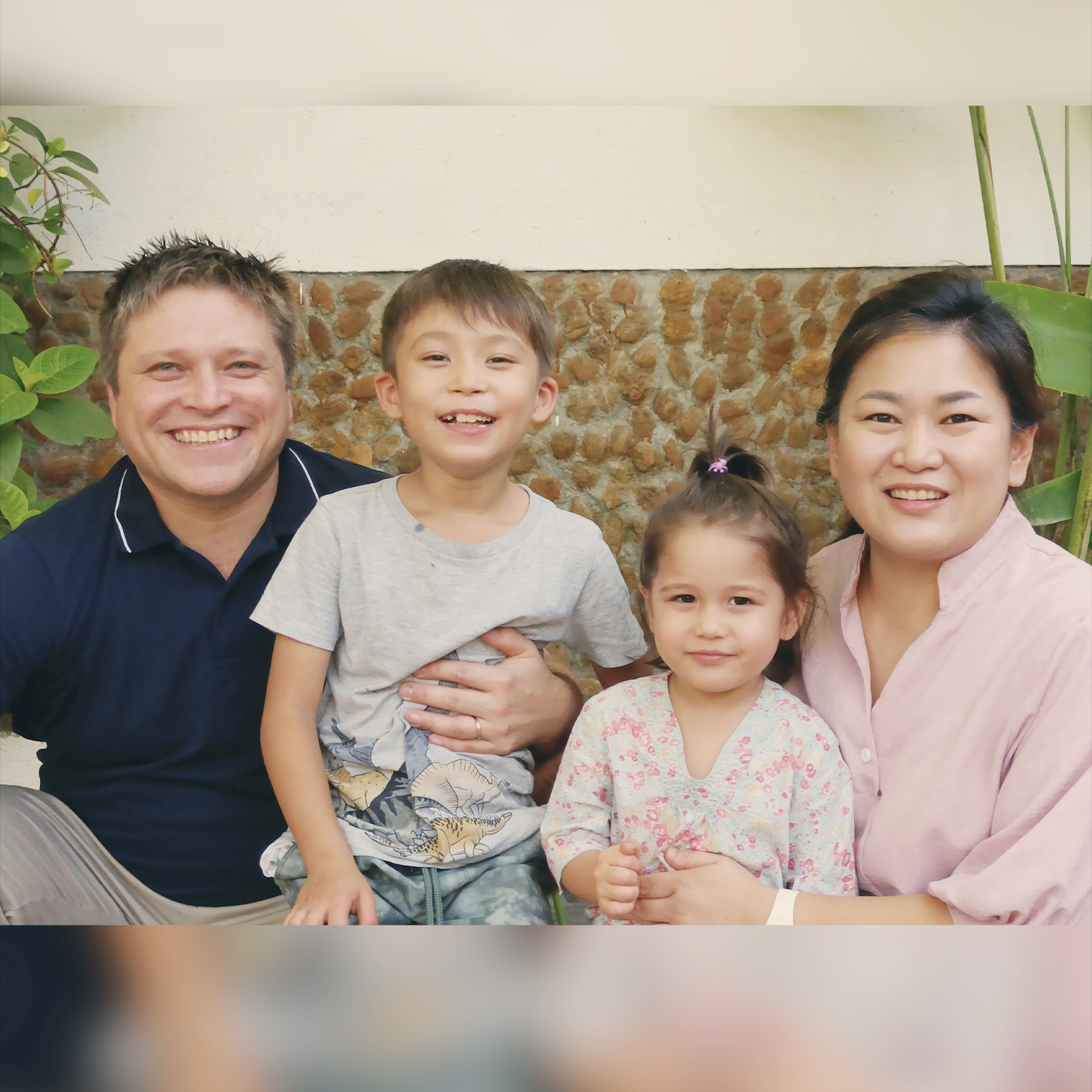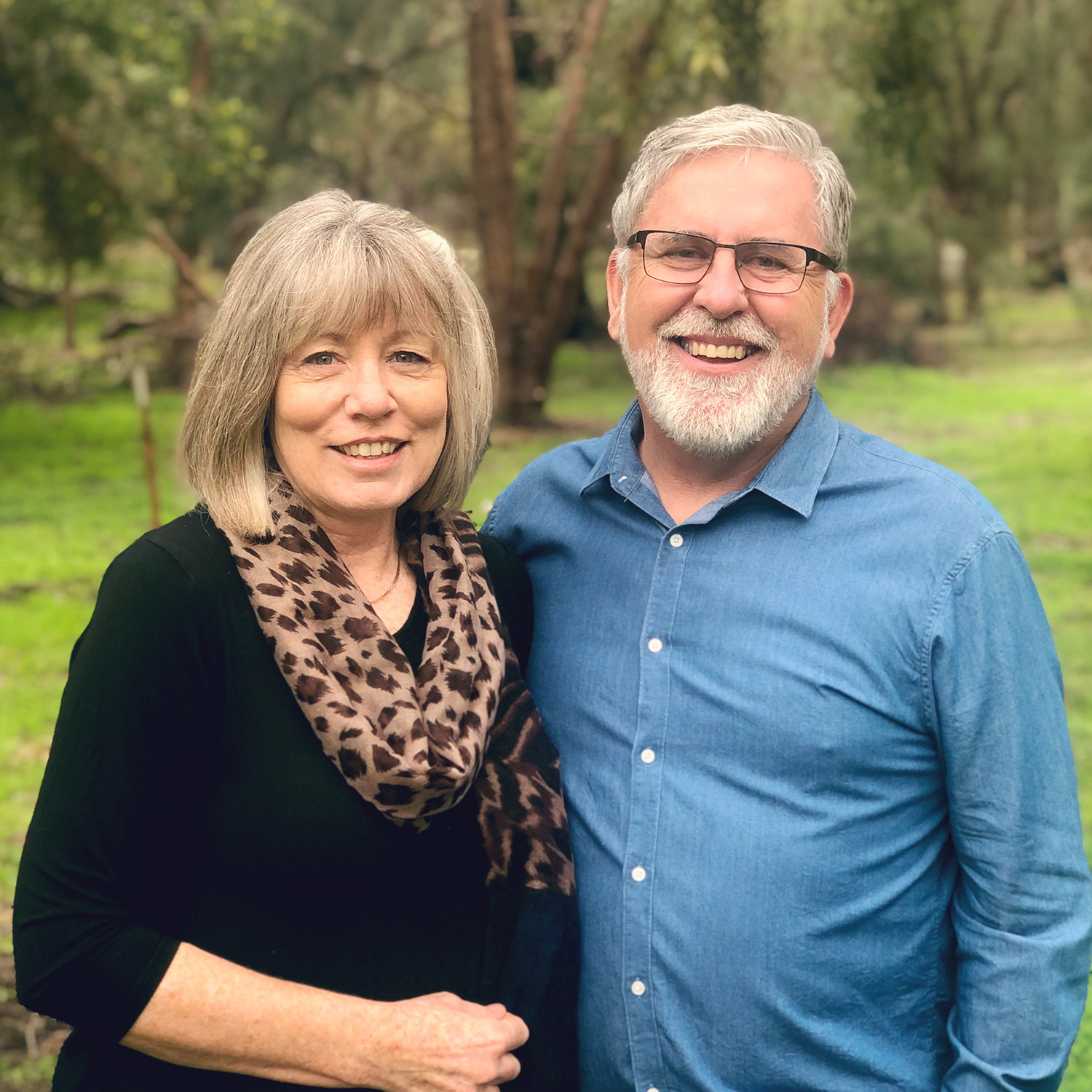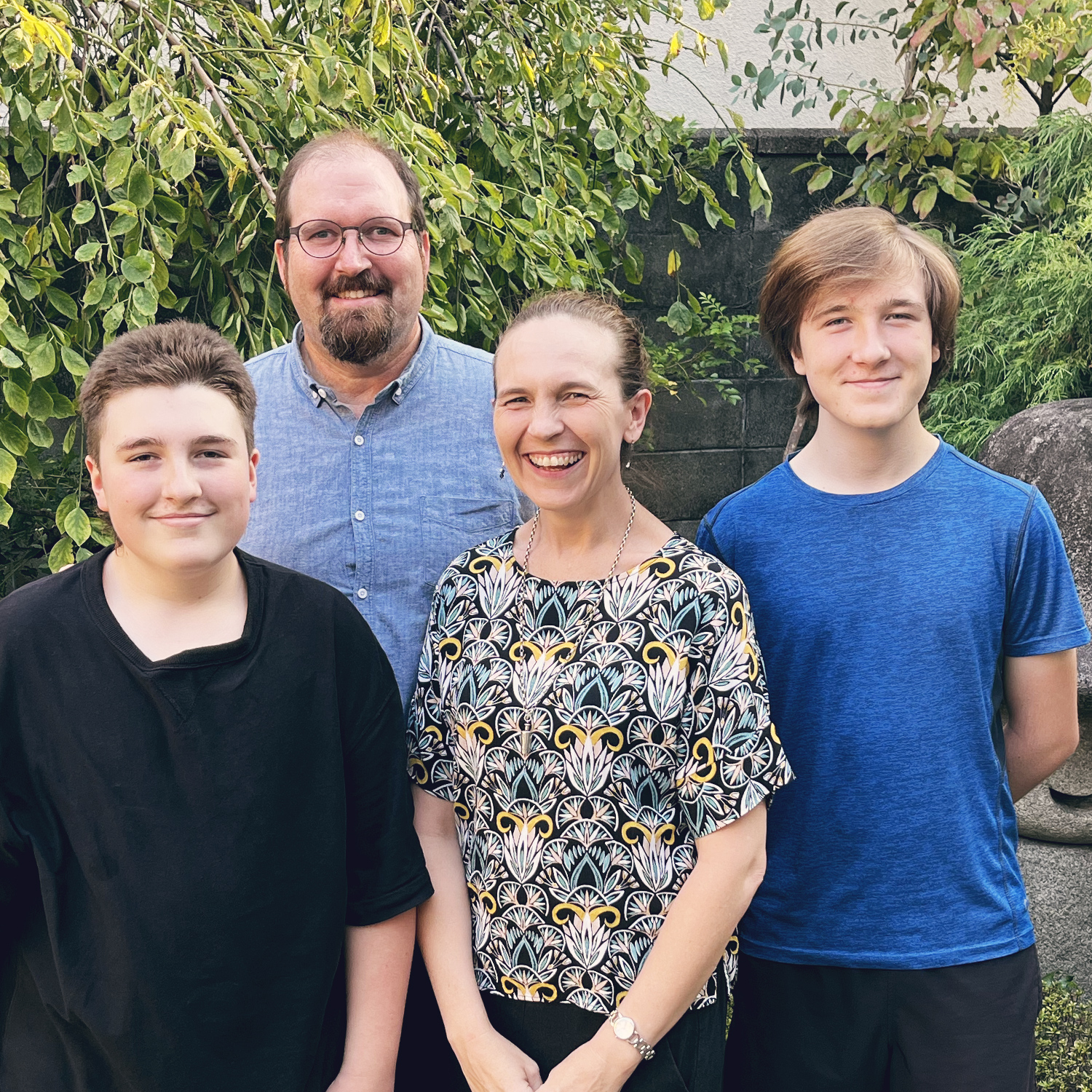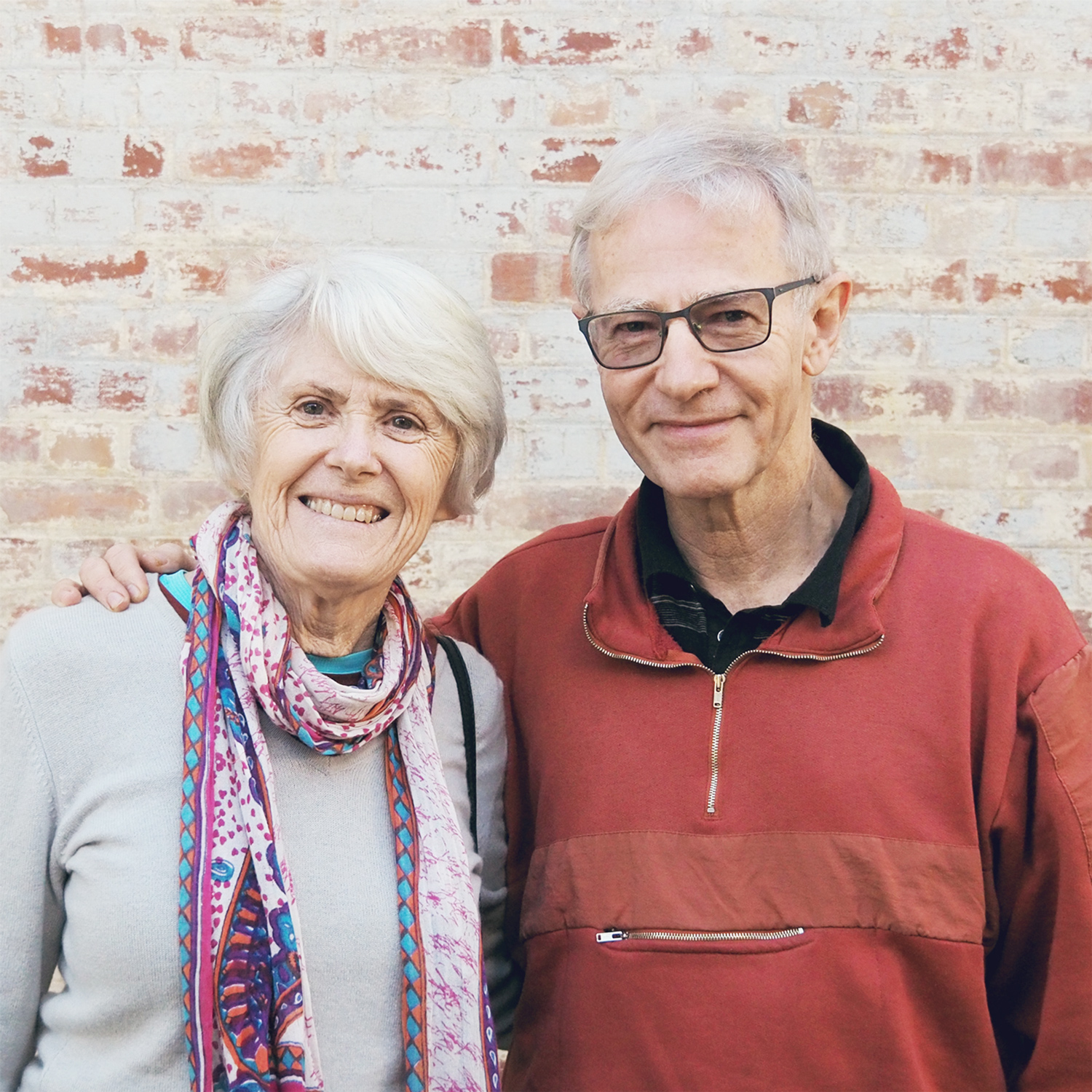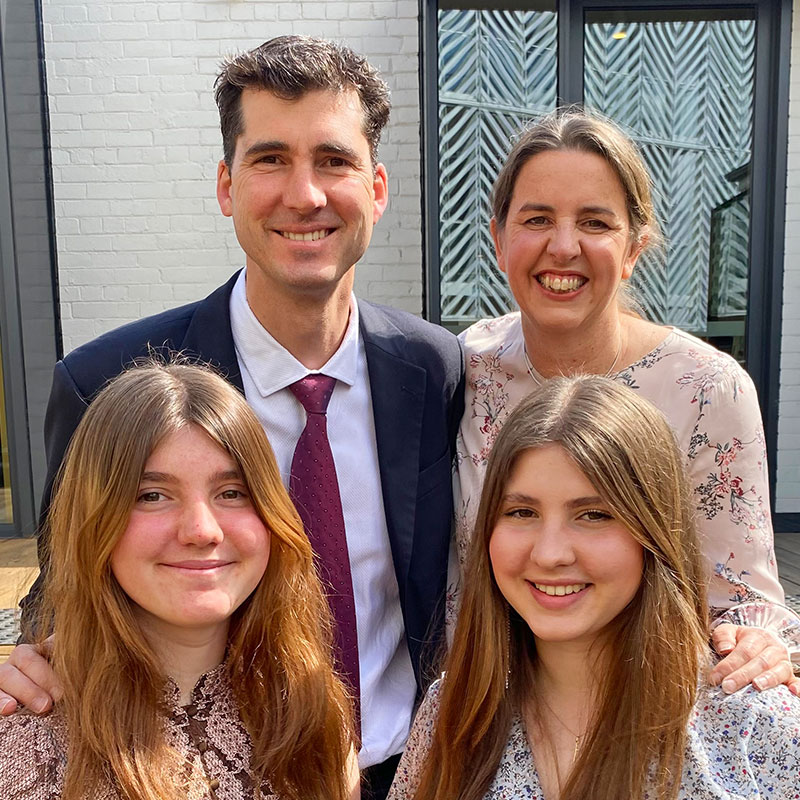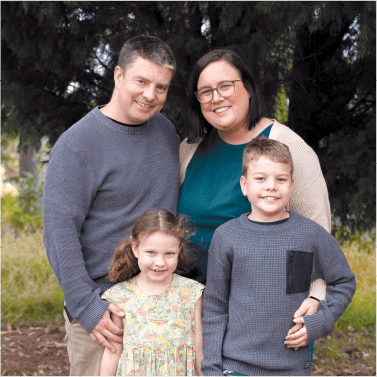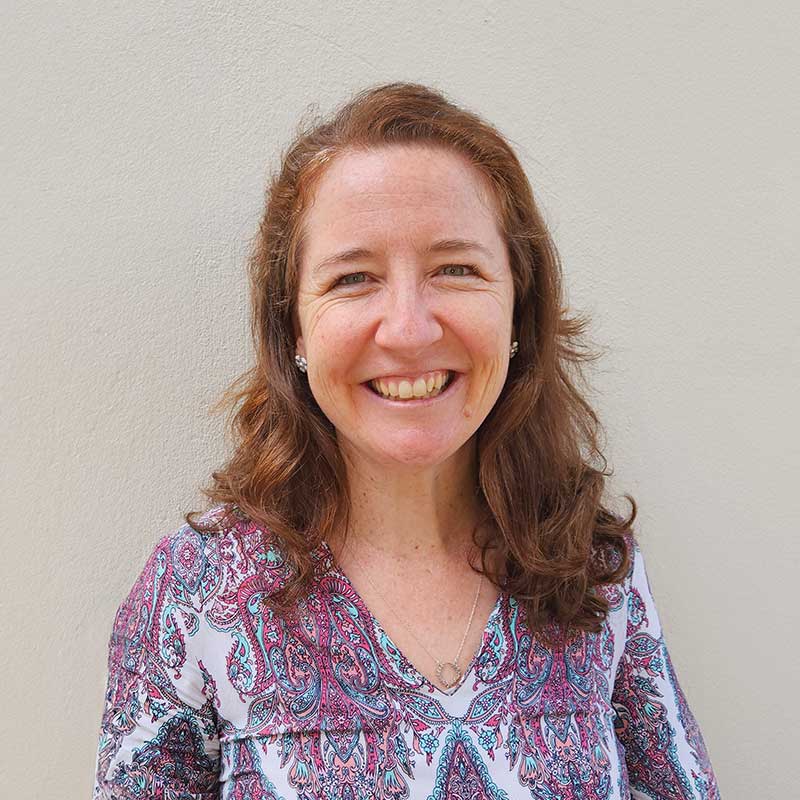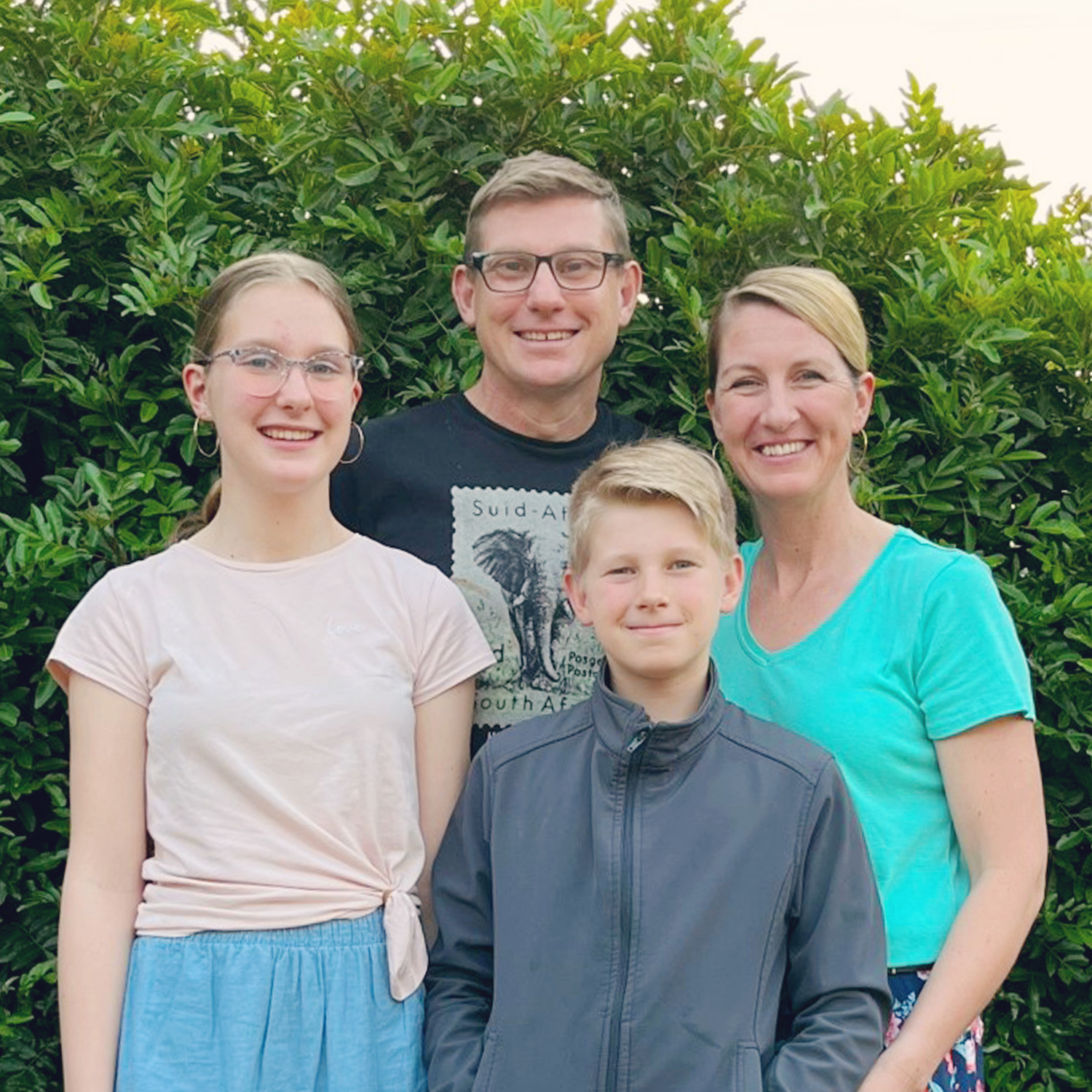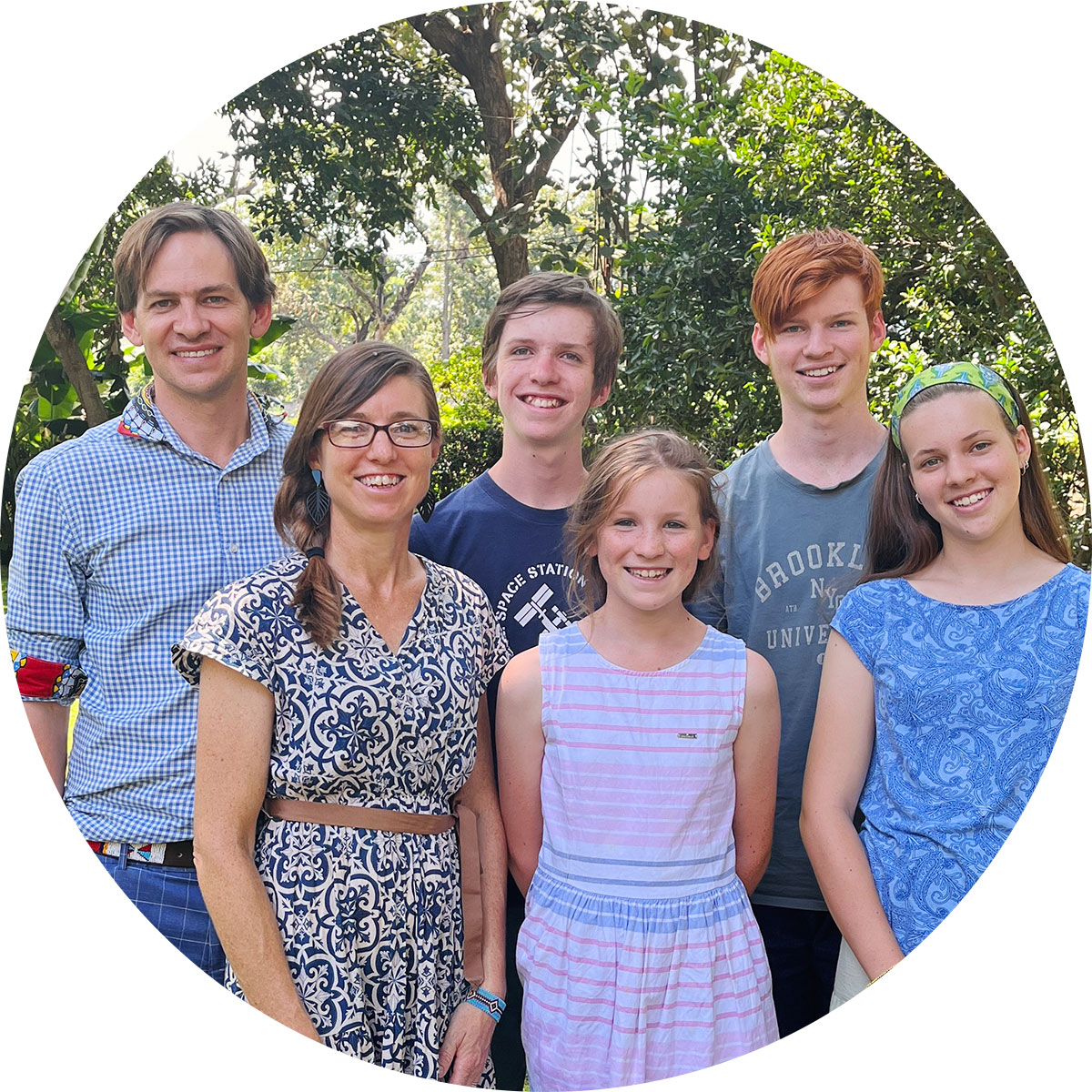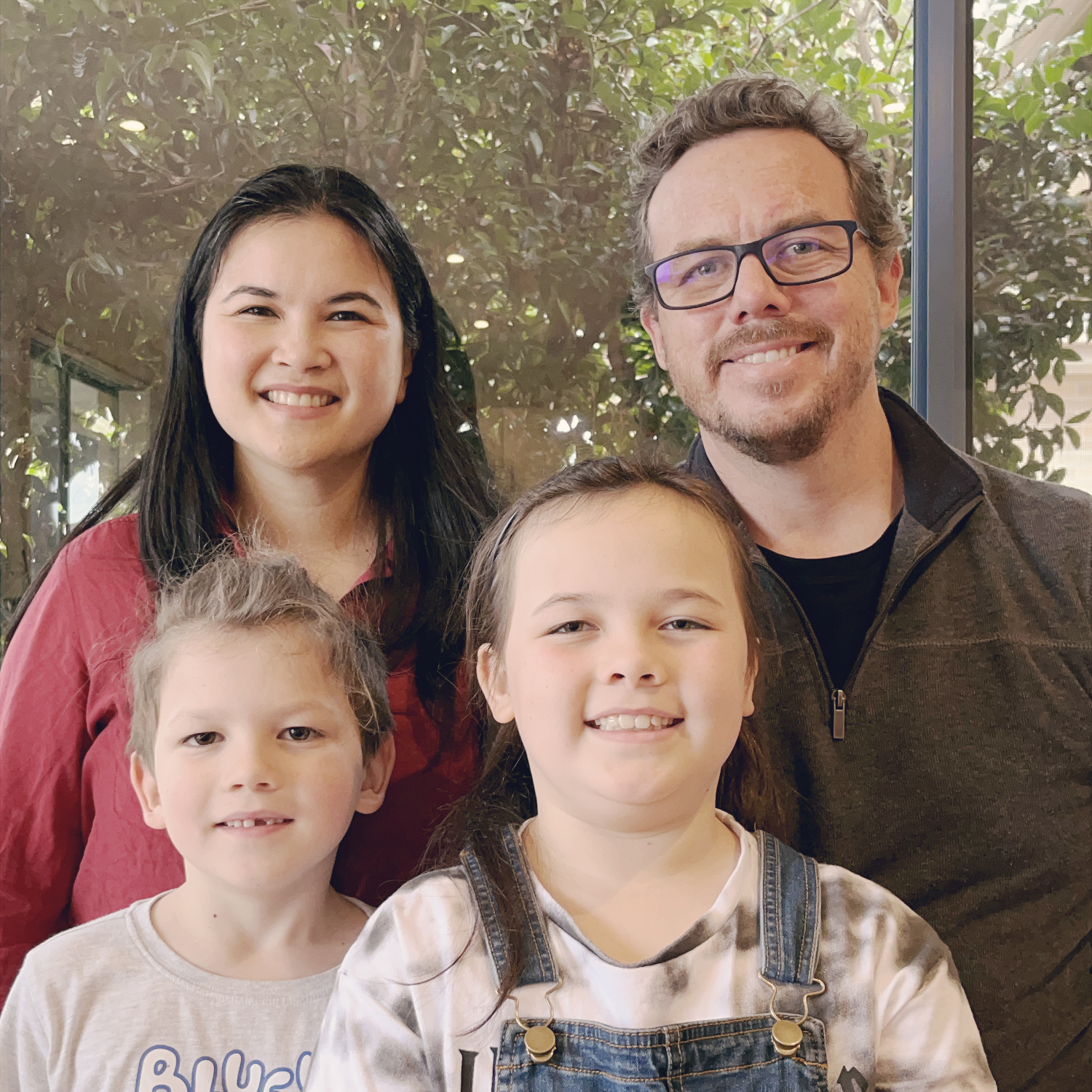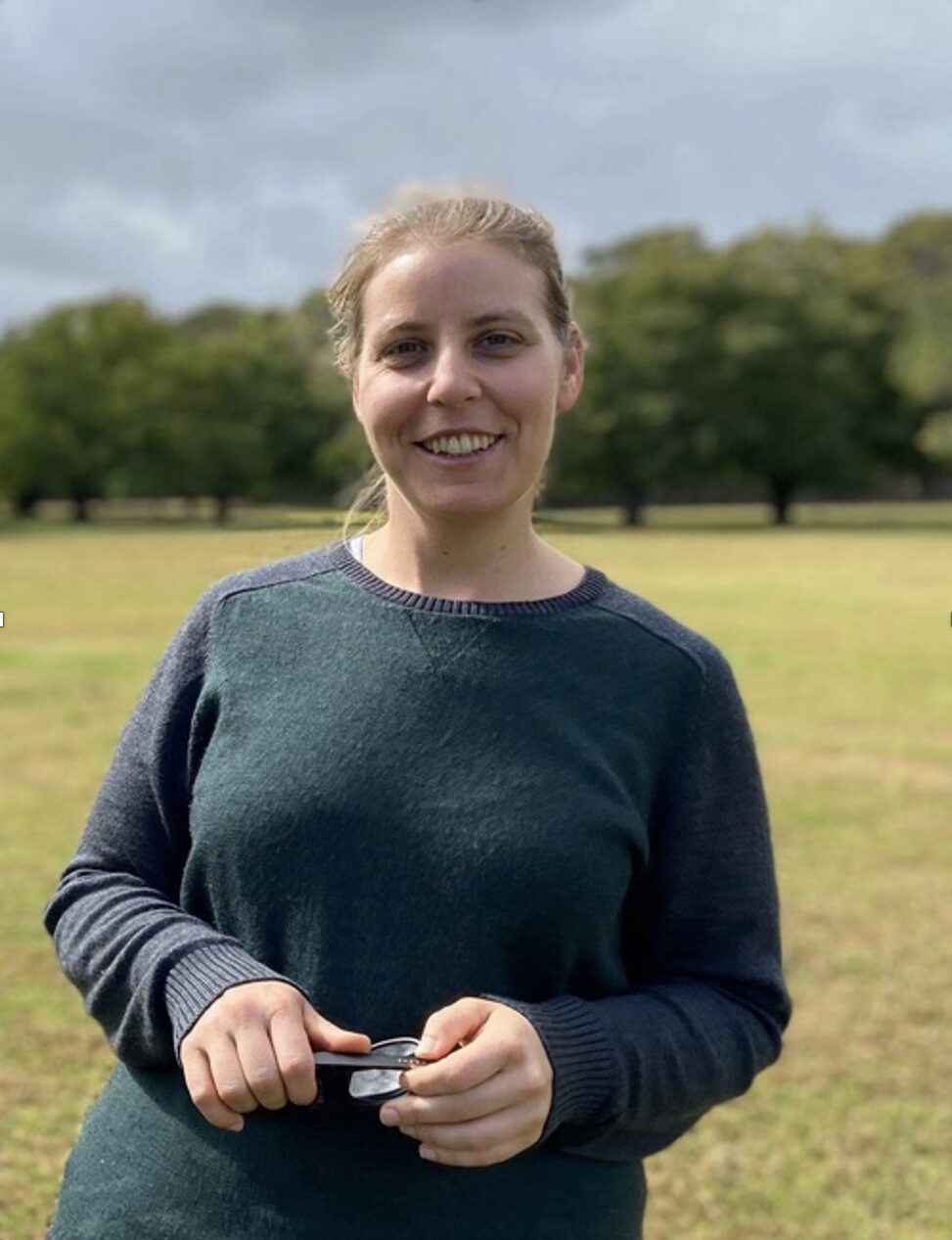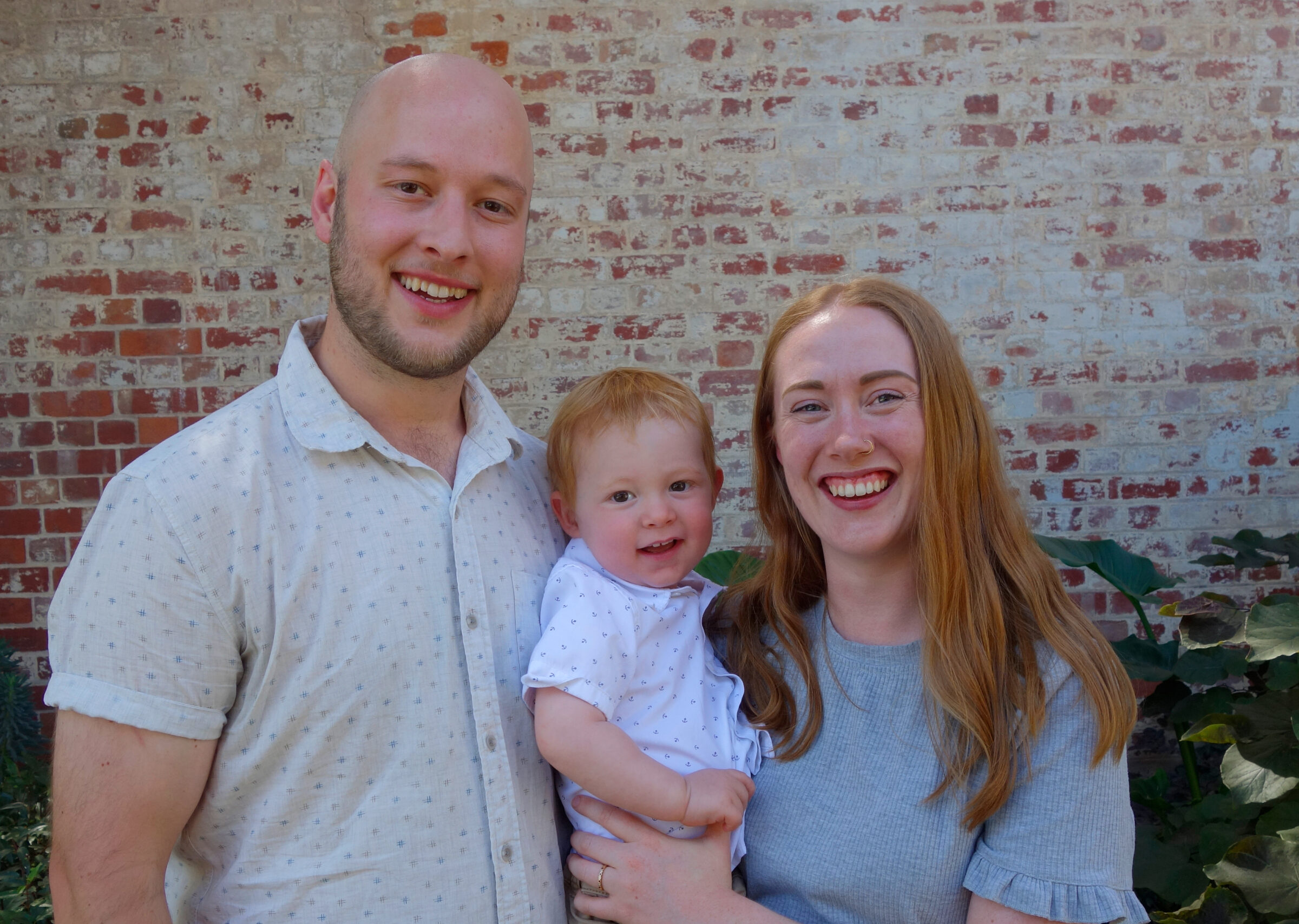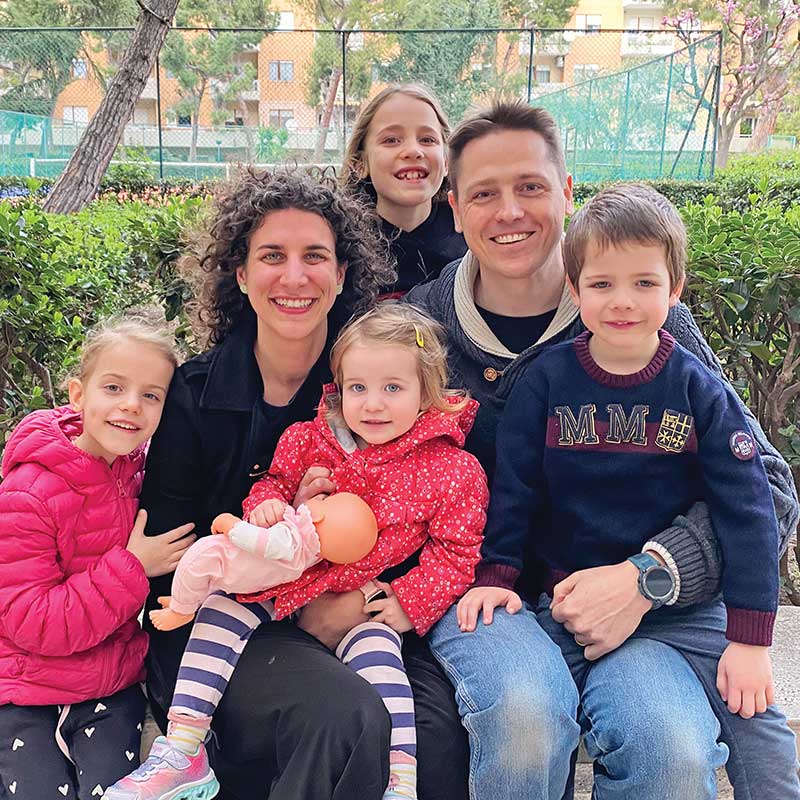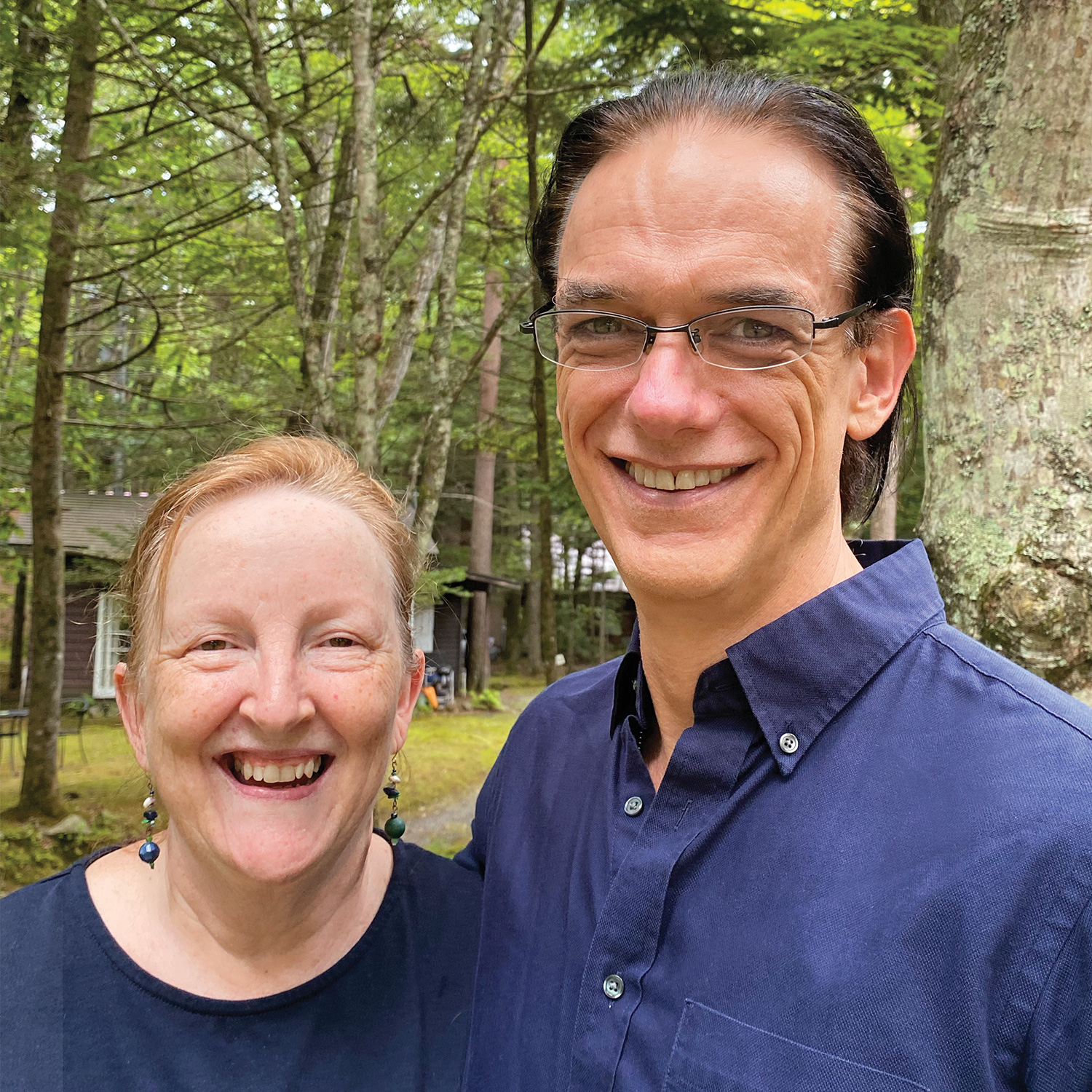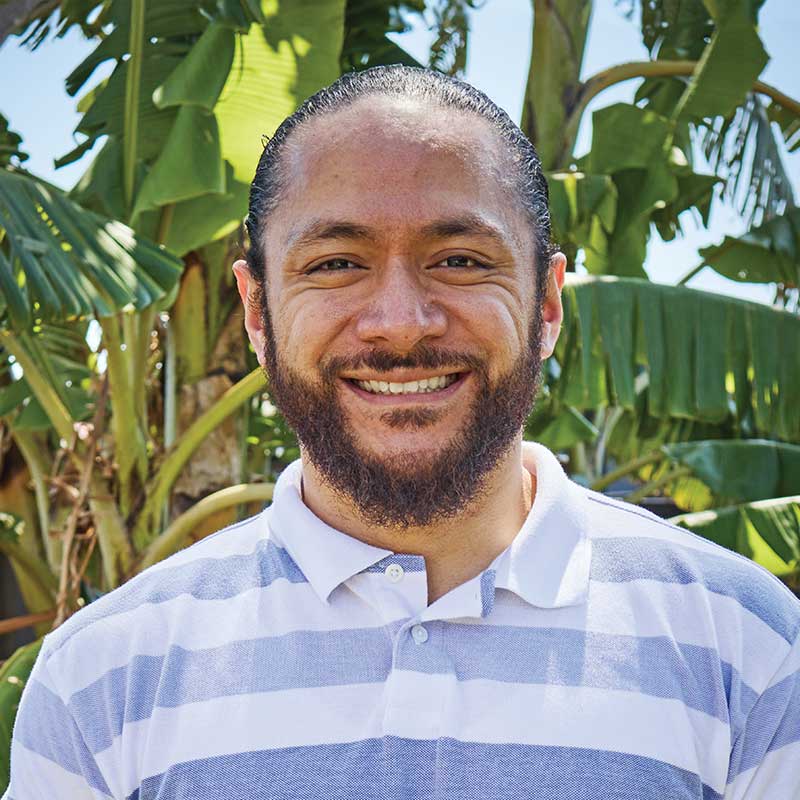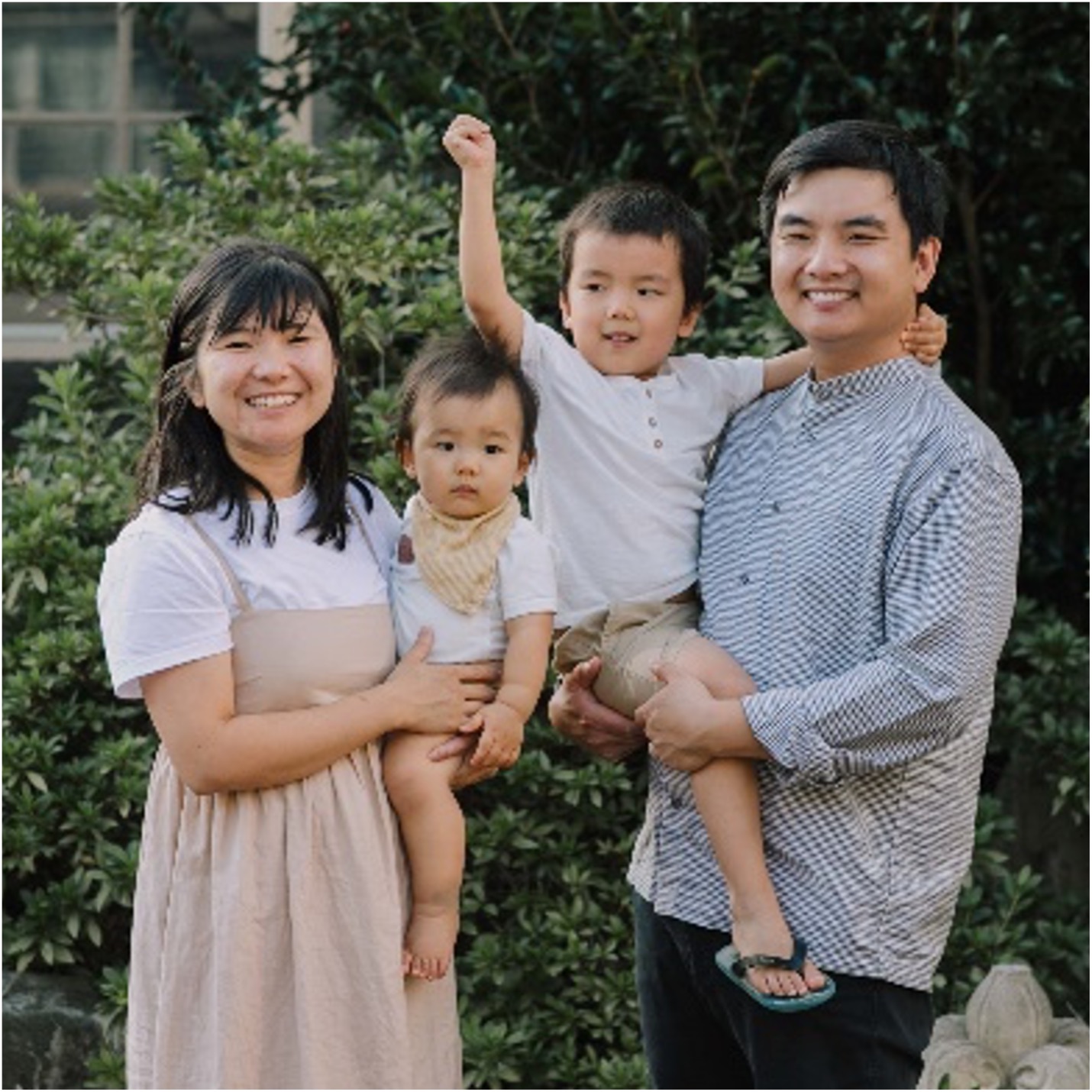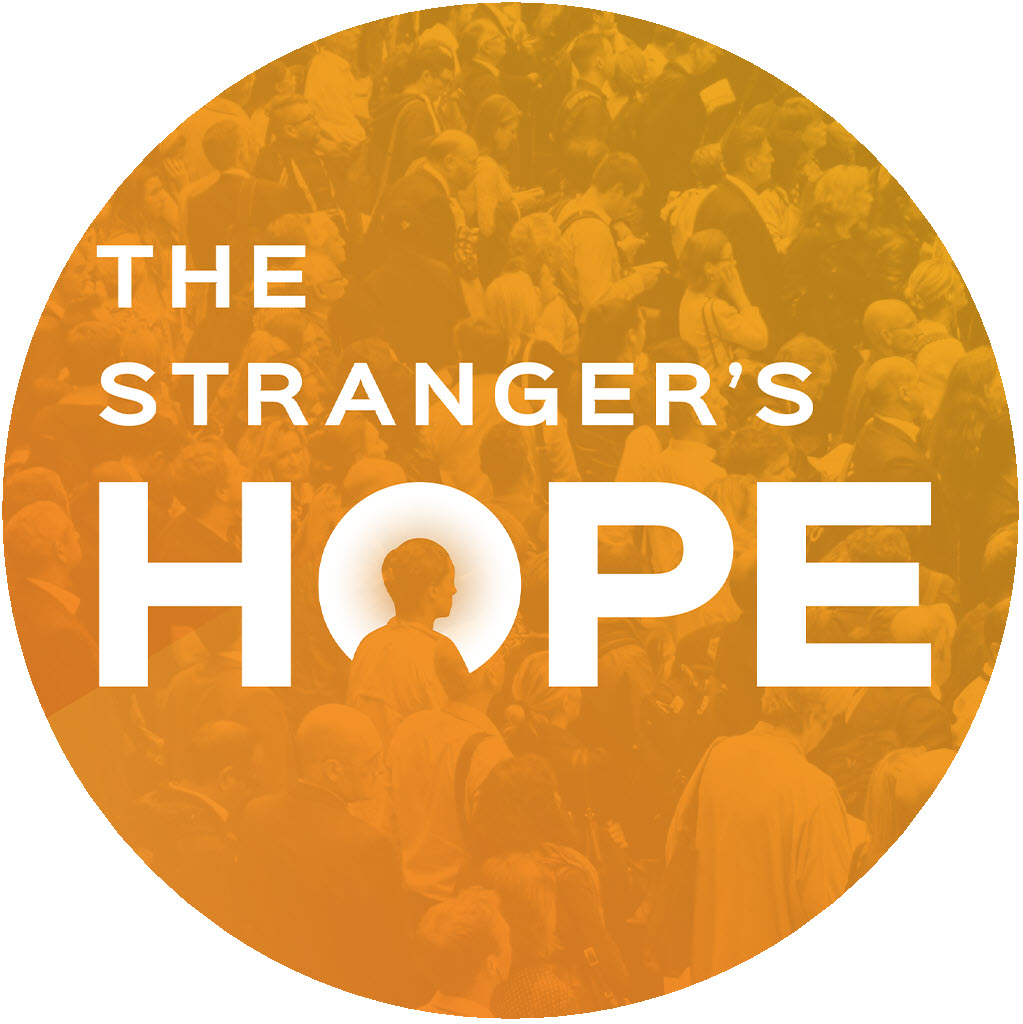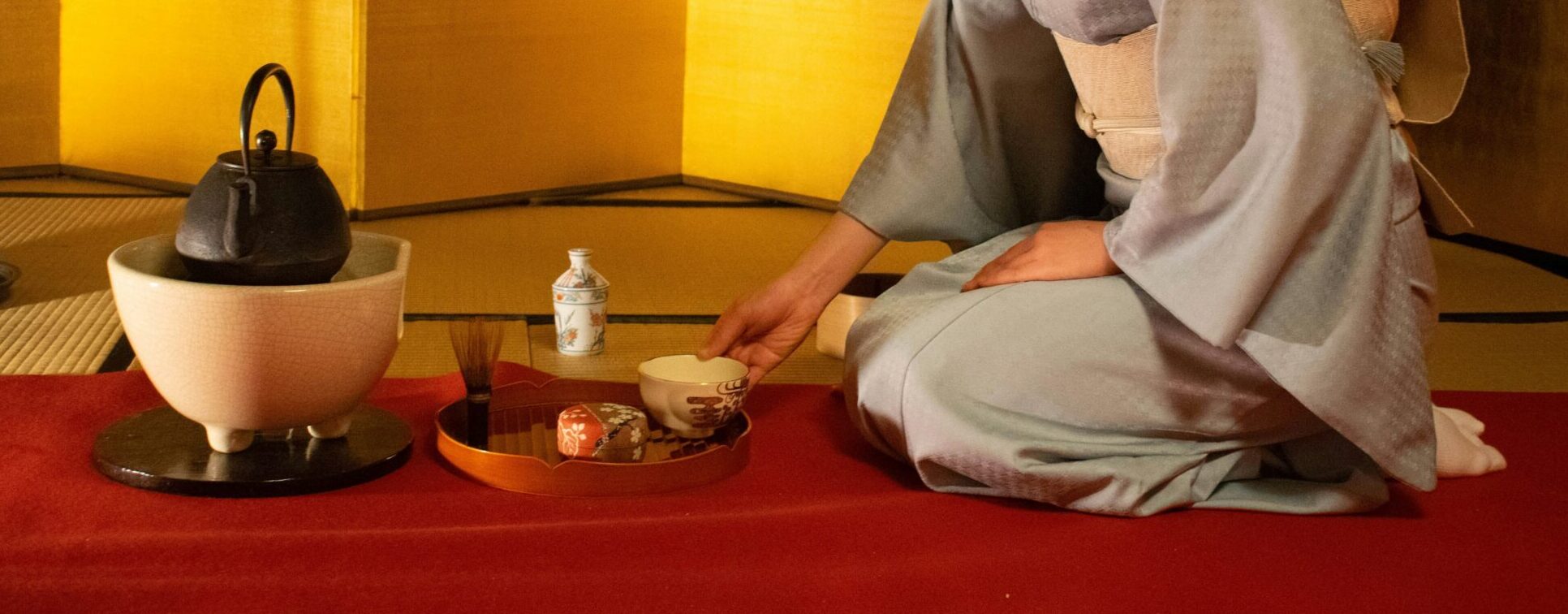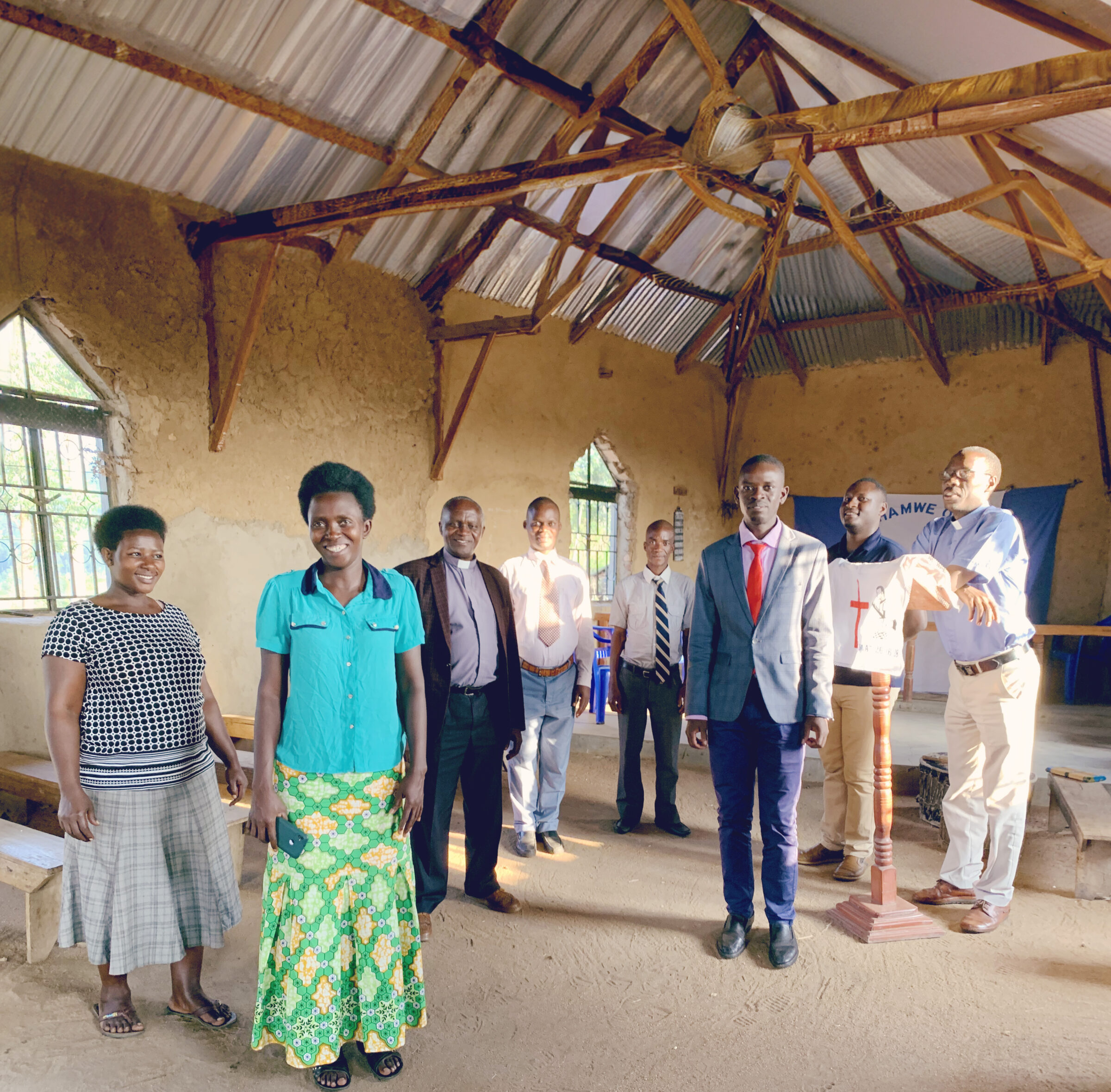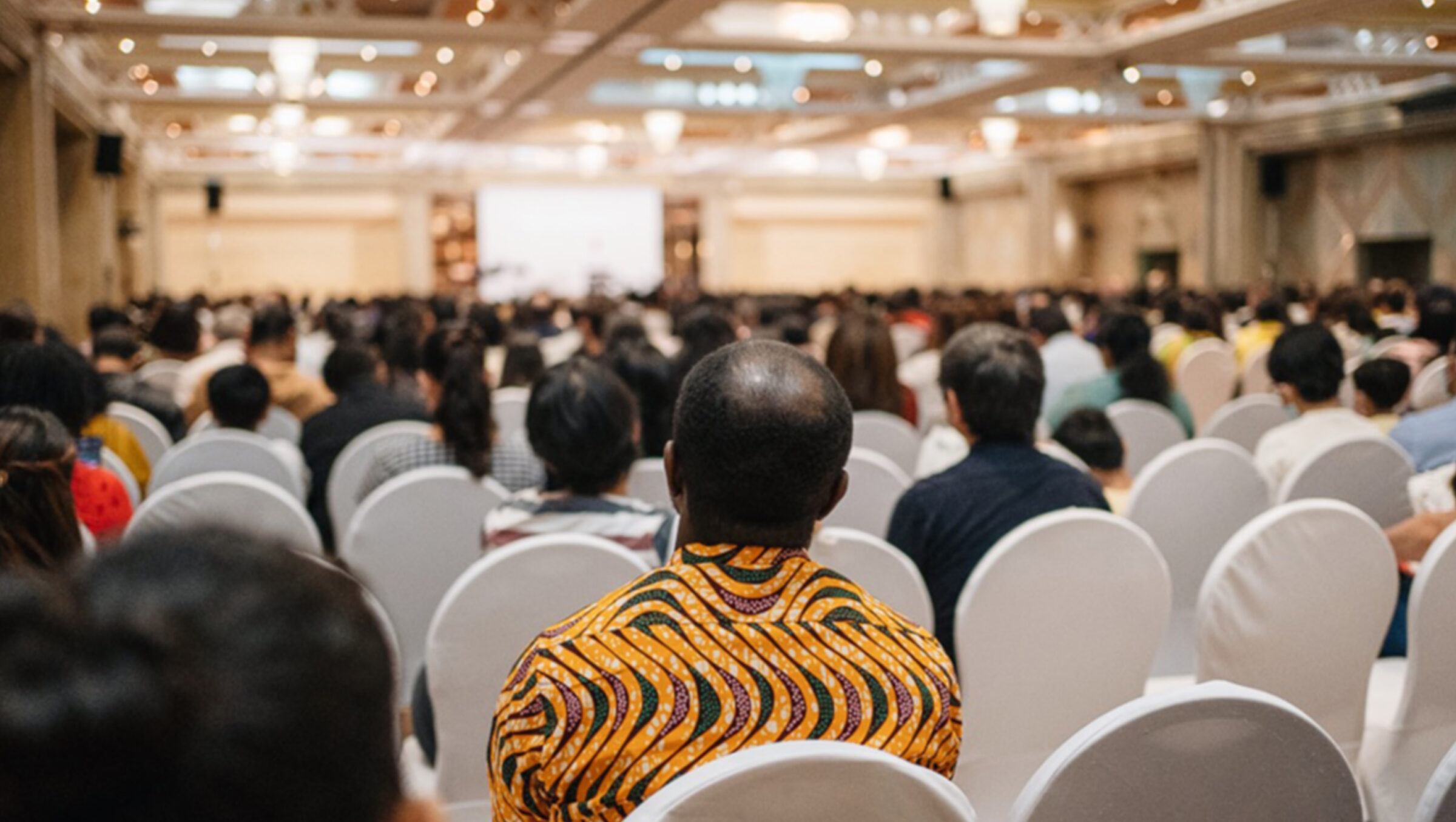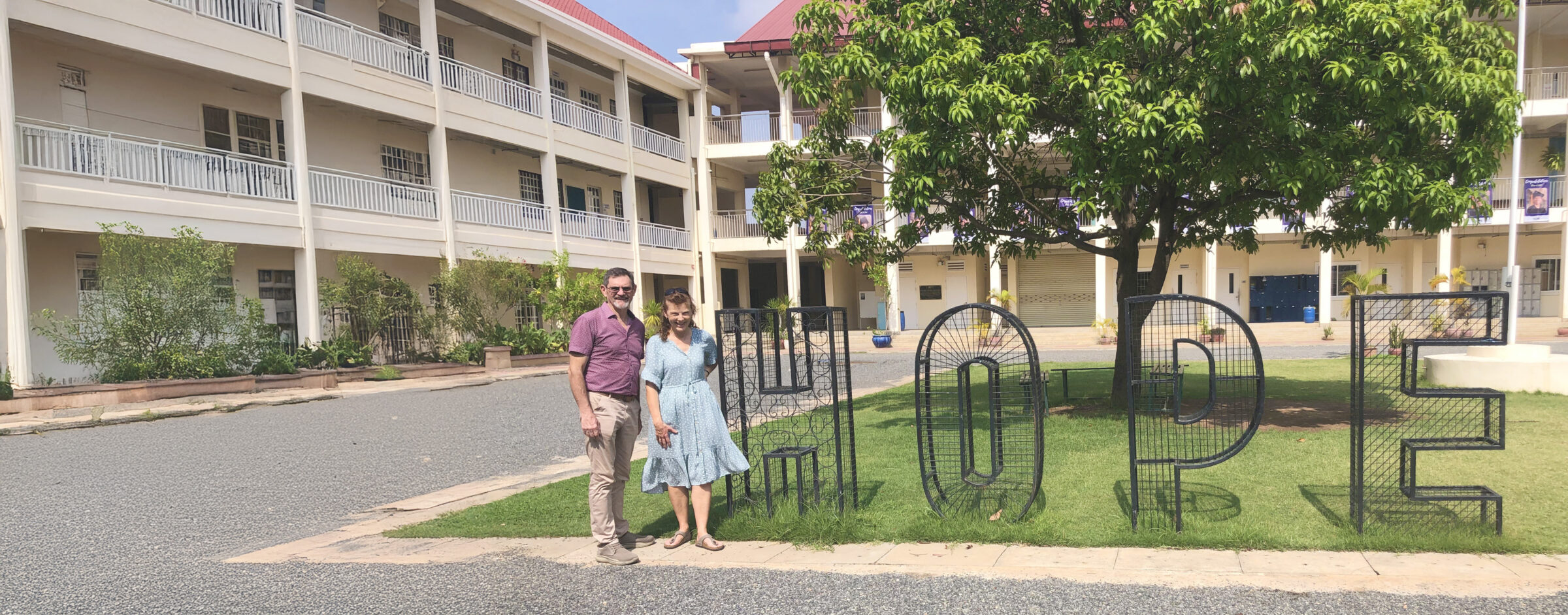Italian gospel growth during COVID lockdown. Part 1
CMS missionary Gillian Law works with the Italian student group Gruppi Biblici Universitari (GBU, the University Bible Group). Here Gillian speaks of what ministry before COVID-19 was like, and what it has now become.
There’s no typical week in university ministry here in Rome. But during the academic year, which is short and sharp, it’s full-on with students. Last semester (October–December) we had five weekly bible studies. I spend a fair bit of time travelling on the metro and buses to two of the universities that are further away from my house— I live near the largest one (Sapienza di Roma).
At one university where we have some keen students, and when the weather is good we try to do walk up evangelism after bible study, looking to chat to students and engage them in conversations about Jesus. I also meet with all the leaders together to plan events such as prayer meetings or evangelistic outreach activities. This includes a fair bit of cooking for them because food is central to anything we do in Italy!
With Coronavirus, everything changed
Here, however, are just some of the events that have happened since the Coronavirus pandemic hit Italy.
Most obviously the entire country went into a lockdown with the aim of stopping the contagion—a lockdown that has been significantly loosened but a number of rules remain in place.
This changed a few things for me personally. The saddest but most trivial one was that I could no longer go for my afternoon run in the local park! I could still go out to do my grocery shopping but couldn’t go out to meet people anymore. More significantly, our mission week had to be completely cancelled, at this stage replaced by nothing.
Evangelism and a conference under lockdown
April in particular was full of national GBU events including two YouTube livestream apologetic presentations around the theme of suffering and the lockdown. The nature of this sort of event is it’s hard to tell how people are interacting with it but we pray they were and are useful and that they reach non-believers. A benefit of this sort of technology is we can leave them on YouTube for people to watch at a later time.
The other good news is that these presentations have continued! We’re going to keep going with them once a month even as we come out of lockdown, because YouTube is a good way to engage with students who spend a lot of time on social media regardless of being in lockdown or not.
Live Instagram interviews and Zoom conferences
Another colleague ran some student interviews live on Instagram TV. I was so impressed with ‘my’ Roman students who participated: it was a chance for them to have a friendly chat about how they were dealing with the lockdown, and then share something of the gospel. One spoke openly about the difficulties of being shut in on her own. And yet she spoke of the real sense of God’s presence with her even on her own—one of the many great comforts of knowing a personal God. Another spoke of how this tragedy reminds us that death is always with us—but Christ has overcome death, so we should look to Jesus.
It was so encouraging to hear young students articulate clearly (in a live interview) their Christian faith and hope.
Then in late April we held our national conference. We reduced it to a night and a day: there’s so much fatigue staring at a screen all week and then all weekend. But we still managed to include a games night, time singing together, a Bible talk, discussion groups, seminars, interview with a guest speaker and group prayer.
It went so well! I think the main thing we were blown away by is how many students participated: double our usual number. It highlights how hard it is to gather people together for a weekend of a ‘normal’ conference. Sometimes it’s because people don’t want to commit but sometimes there are genuine difficulties in going away. But not this year. I had 80 students in my seminar. That caused me some trepidation, but I was also very excited to speak of God with them.
CARE
During time of lockdown, many CMS missionaries will appreciate an email or even a personal letter or card to remind them that they are not forgotten, and that their lives and work matter to brothers and sisters in Christ.


